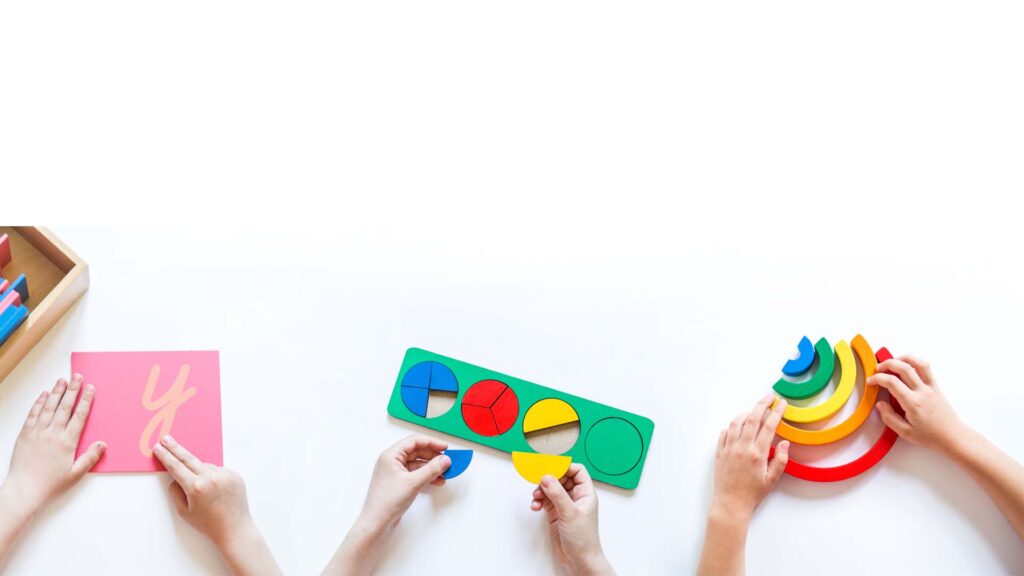Benefits of Experiential Learning: Why Online Classes need them now more than ever!
“Tell me and I forget, teach me and I may remember, involve me and I learn.” -Confucius adaptation
Before we dive into understanding the science behind experiential learning, let’s review a brief definition of “learning” in the first place.
How we learn
Learning is the way an individual unearths the world of knowledge, develops critical thinking with meaningful experiences, observations and interactions. All the while connecting new ideas with prior understanding. Learning can be acquired by an individual at different stages of life. Learning capabilities vary from person to person, so also the intangible outcomes.

Experiential Learning
Professor D.A. Kolb’s research shows that learning is a continuous cycle of experience, reflection, conceptualization and experimentation. Hands-on experience provides a concrete base for our knowledge. These experiences are reflected in our analysis and in drawing accurate conclusions. Consequently, crystal clear concepts pierce through the boundaries of limitations leading to experimentation.
Now the question here is how far the learning is acquired and reinforced. In a deeper sense: mastering the art of learning isn’t a piece of cake. But the silver lining is when we learn through experience – it tends to be our long-term companion. Researchers are of the view that 70% of our learning happens from our experiences.
The transition to online classes
The advent of technology followed by the pandemic, thereby forcing every individual to remain indoors gave way to “virtual classrooms” in recent times. Whether online, offline, or hybrid: there can never be a full stop to learning and teachers are the ones who keep driving even if the road is less travelled by!
Why should online classes include Experiential Learning?
Without students getting involved, the process of online learning is a huge challenge in itself. Educators have to come up with strategic planning to make their teaching content assumingly fetching for the tech-savvy kids of today. You ought to accept the fact that “facilitators these days are dealing with a technoid generation.” Diverting teaching methodologies towards experiential learning is the need of the hour as the process of education is heading towards a virtual uprising.
“It’s fun, almost like playing games. I know I am solving Math problems but winning points and moving from one level to another is something I like to do. I feel like I am playing alongside my classmates even though I am not”. says Alice of Grade 3 regarding software based interactive Math activities.

Benefits of Experiential Learning:
● Experiential learning kindles young, energetic minds in virtual classrooms.
● Inclusion of simulations and interactive activities in e-learning allow the learners to relate with real-life scenarios.
● Online learners enjoy more versatility.
● Throughout the experiential learning process, the student is actively engaged in posing questions, investigating, experimenting, being curious, solving problems, assuming responsibility, being creative and reasoning constructively.
● Experiential learning leads to a deeper understanding of the concepts and a higher level of retention among learners.
● It also develops 21st-century skills like problem-solving skills, critical thinking skills, improved communications skills and knowledge management
● Being a learner-centric approach of teaching, experiential learning paves a new outlook and expands the arena of knowledge acquisition.
● Purely video based instruction can lead to passive learning, loss of interest, poor comprehension and ultimately deep, irreparable learning loss
Our next blog will give you some definitive ideas on how to bring experiential learning experiences to e-classes.

Leave a Reply